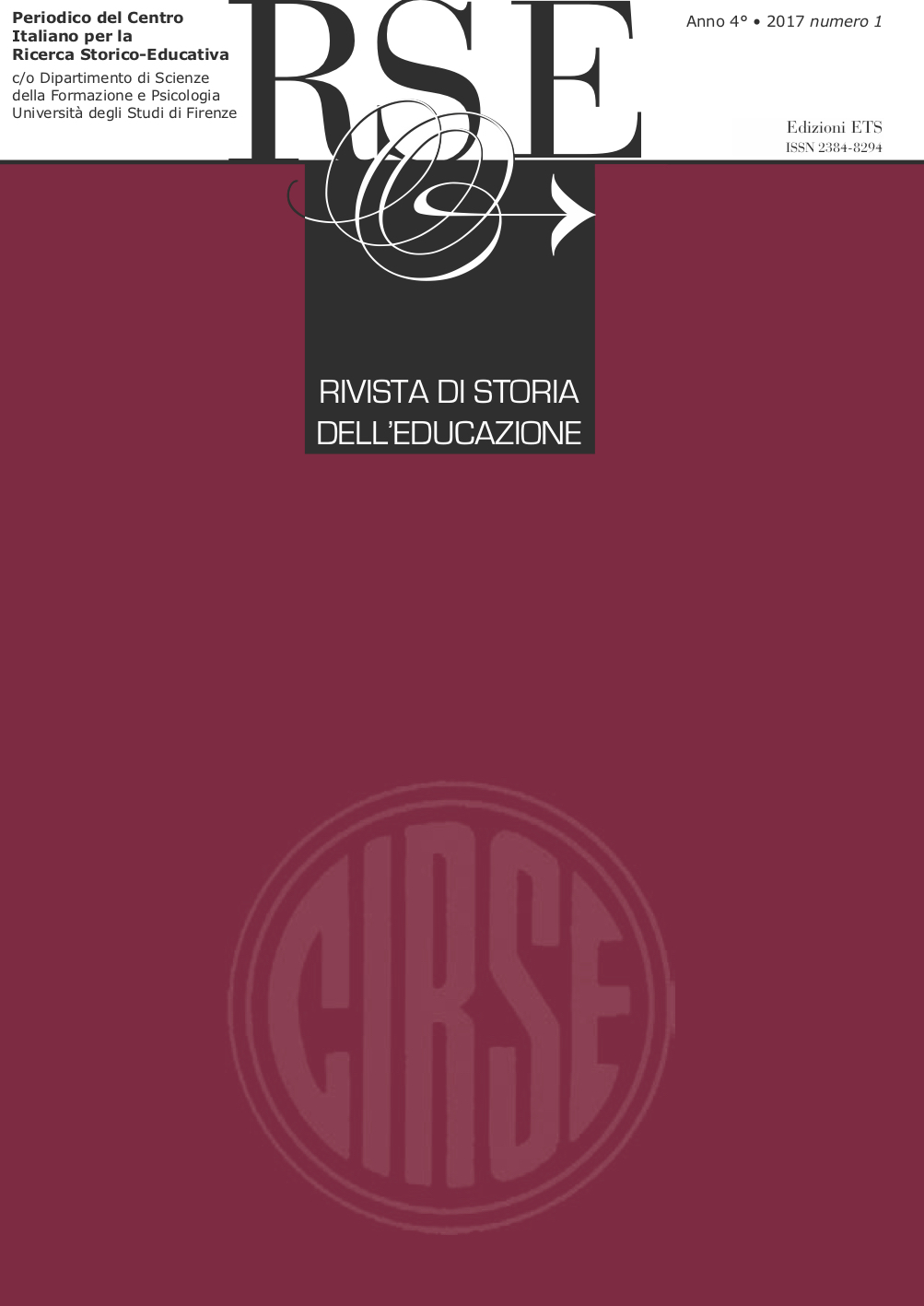Material culture and science teaching history in São Paulo: an administrative-economic perspective
Published 2018-06-13
Keywords
- Material culture, Science teaching, economic history
How to Cite
Abstract
This research aims at discussing administrative-economic issues related to the acquisition of objects and materials for the Natural Sciences teaching in São Paulo, between 1880 and 1895. For such a purpose, some sources will be used, such as inventory of goods, scientific objects’ budget, crafts and letters requesting some school materials, invoices for purchases, customs offices, commercial houses’ advertisements, school objects and materials belonging to the old São Paulo schools. The methodology consists on analyzing the pedagogical materials for the Science teaching as relation vectors (Meneses 2005), whose meaning can only be understood inside a system of objects (Baudrillard, 2008). This is important since it highlights the understanding of the economic dimension of the school material supply. Furthermore, it indicates the convergence between the private and the public departments, between the State decisions and the commercial interests on the mass schooling and on the teaching obligation expansion (Vidal 2006; 2009; Alcântara 2014; Meda 2016). As a result, it is evident that, at the time of the paulista public teaching system constitution the relations between the public (paulista government) and the private departments (industries) had already established borders and possibilities to the mass schooling expansion. Then, the school material supply, which is linked to the pedagogical possibilities, may not be conceived only through the school inside relations, but also considering the economic, social, administrative and cultural issues.

